
Efficient procedural pain best practices summary article from the Canadian Medical Association
This articles outlines the recommendations for procedural pain clinical protocols, including a very useful evidence summary. This also reflects the recommendations of the World Health Organization, the American Academy of Pediatrics, and nearly every other pediatric organization in the world. Available open source.
You May Also Be Interested In
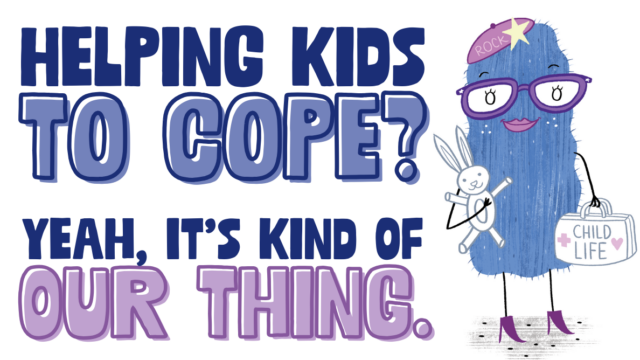
Blog Post
Helping Kids Cope? Yeah, It’s Kinda Our Thing
Child Life Specialists are the undercover superheroes of pediatric healthcare—and when they team up with the Meg Foundation? Let’s just say pain, fear, and anxiety don’t stand a chance.
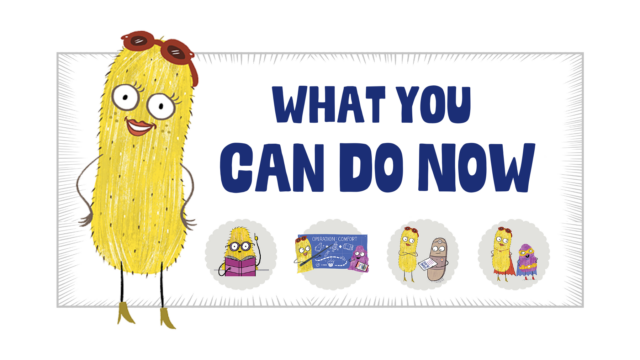
Blog Post
Chronic Pain Is On The Rise—Here’s What You Can Do About It Now
Earlier this week, The Washington Post featured a startling stat in their Big Number series: nearly 1 in 4 adults in the U.S. experienced chronic pain last year. And that is up from 20.4% in 2019! Let that sink in.
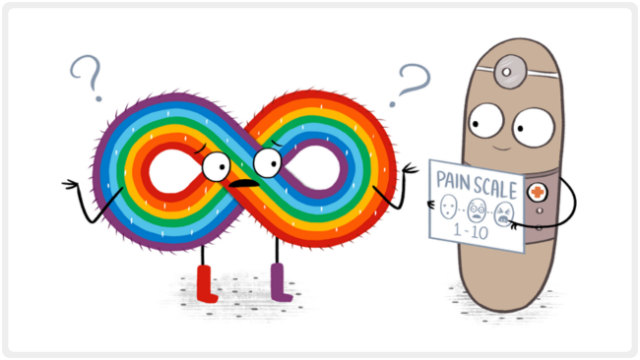
Blog Post
How Pain Affects Autistic People and What We Can do to Help
Danielle Hall from the Autism Society sheds light on the unique ways autistic individuals experience and communicate pain. Her insights help us understand why recognizing their discomfort can be challenging—and how we can better support them. Let’s dive into her guidance on providing more compassionate care.
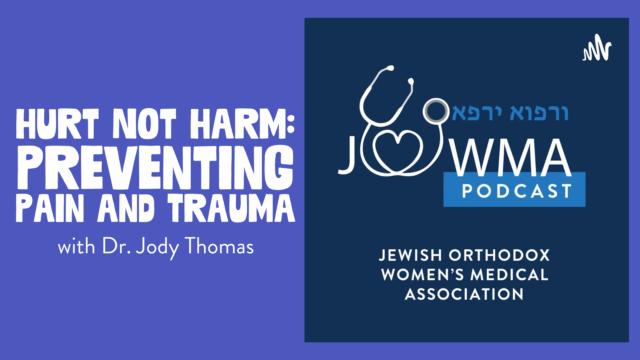
Podcast
Jewish Orthodox Women's Medical Association Podcast: Hurt, Not Harm, Preventing Pain and Trauma with Dr. Jody
Join Dr. Jody Thomas as she dives into the future of pain management, where psychology, proactive strategies, and virtual reality are transforming how we support kids through tough moments. From busting myths to sharing real patient success stories, this episode is packed with insights for anyone looking to prevent pain and trauma.

Article
The ChildKind Resource Library
Discover a wealth of tools and resources in ChildKind’s library to help healthcare professionals and parents manage pediatric pain effectively
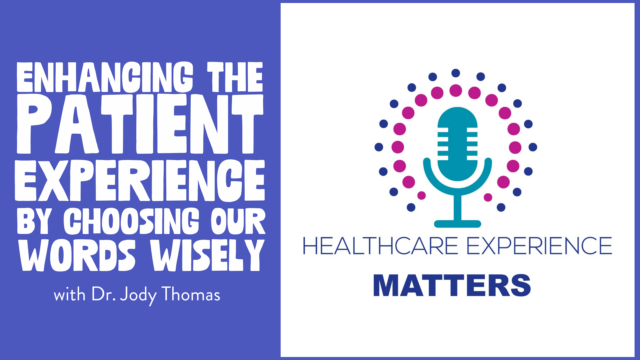
Podcast
Health Experience Matters Podcast: Enhancing the Patient Experience by Choosing Our Words Wisely
Discover how simple shifts in language can transform medical experiences for kids and families. Tune in as Dr. Jody shares practical tips to reduce anxiety and empower patients through the power of words.